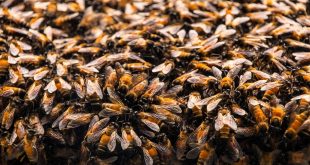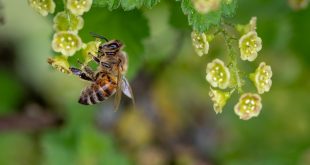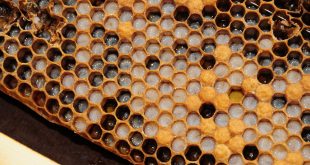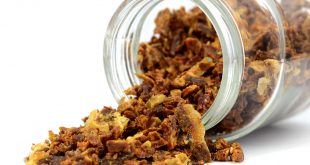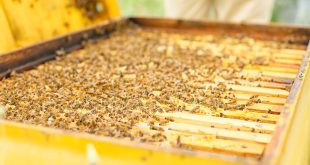Requeening a beehive is an essential and beneficial practice for beekeepers, aimed at maintaining hive health and productivity. Key reasons for requeening include the aging or death of the current queen, poor egg-laying, or to manage aggressive colonies. The process involves carefully introducing a new queen, either directly or indirectly, to ensure acceptance by the hive. It's advised to requeen at least biennially, considering factors like colony aggression and hive size. Beekeepers must be prepared for challenges like queen rejection in aggressive hives and should follow specific steps to ensure a smooth transition.
Read More »Pollen Patties – Are They Necessary?
Pollen patties, a bee food used to boost brood production, are crucial in areas with limited natural forage or in intensively managed hives. While hives can survive without supplements, lack of adequate pollen can lead to weak colonies and reduced brood rearing. Pollen patties, which contain ingredients like vitamins, lemon juice, and yeast, are used to feed larvae, stimulating royal jelly production. They should be carefully placed and provided in appropriate quantities, considering factors like colony size and season. Used judiciously, pollen patties can enhance colony strength, especially in early spring or for raising queens and splits, but should not replace natural pollen.
Read More »What Does Dark Honeycomb Mean?
Explore the significance of dark honeycomb in our enlightening article. It's a valuable resource for beekeepers and honey enthusiasts alike, explaining why honeycomb can turn dark and what it indicates about a beehive's health and history. Understanding these aspects is key to effective beekeeping and appreciating the natural lifecycle of a hive.
Read More »Propolis – Health Benefits and Side Effects
Propolis, a greenish-brown substance produced by honeybees using sap from needle-leaved evergreens, offers various health benefits. While it is known for its use in coating the hive, humans have utilized propolis for thousands of years for its medicinal properties. Its sticky nature and rich composition make it a valuable product beyond the production of honey, showcasing the diverse contributions of honeybees to human well-being and natural product industries.
Read More »When and How to Store Honey Supers Safely
Learn the essentials of storing honey supers with our informative article. Ideal for beekeepers, it covers the best practices for when and how to store these crucial components safely. This guide is key to ensuring your honey supers are well-preserved during off-seasons, preventing damage and maintaining their readiness for the next harvest.
Read More » BeeKeepClub Resources and Guides for Beekeepers
BeeKeepClub Resources and Guides for Beekeepers
